What does healing in relationships mean? Can intimate connections truly help us grow? Let’s find out more about transforming relationships by Darlene Lancer.
Even before we enter the world, our brains and hormones are wired for connection. Our first relationship begins in our mother’s womb, where we recognize her voice and respond to her moods through hormones and stress responses.
Later, her smell and touch become familiar. Affection and responsive communication are necessary for developing our brains and bodies.
Early interactions with our parents shape our self-image and template for love and relationships. Our patterns of relating and reacting, attachment style, are often repeated in adult relationships—romantic and otherwise.
A secure attachment in an intimate relationship can empower, enliven, and uplift us. It celebrates our successes and comforts us in defeat and sorrow. However, despite the potential benefits many of us have had painful romantic relationships, and some have never truly known a safe one.
Read More Here: 7 Ways to Improve Your Relationship with Your Partner
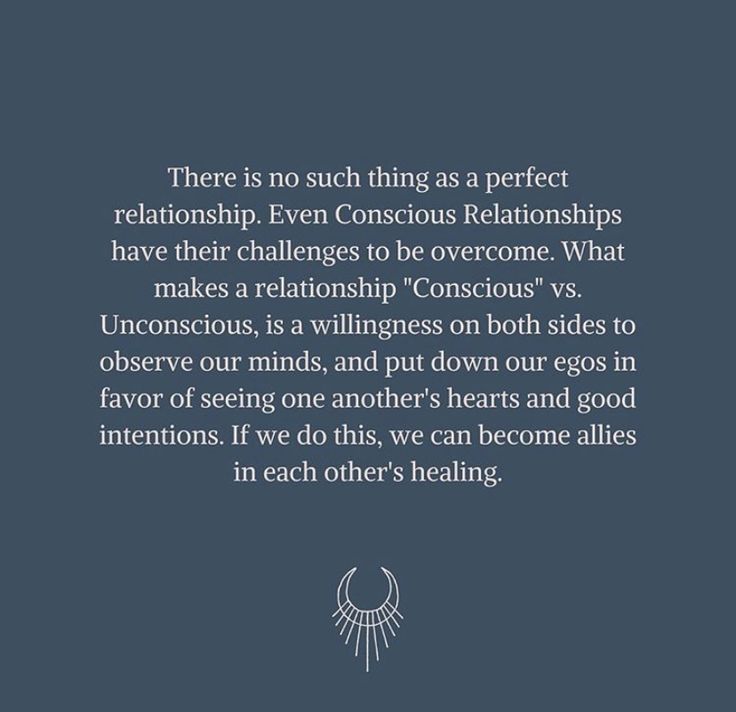
Without consistent, unconditional love from both parents, we may confuse love with pain and longing, leading to feelings of being smothered, controlled, or rejected.
Healing In Relationships: How To Do It?
Love can be fickle. Even when we know better, we can be drawn to someone who causes pain. We cannot make someone return our love or make ourselves love the person who might be the best choice! Yet, we do have an option to walk away, as painful as that might be. Often the most difficult relationships serve as our greatest teachers.
How often do we idealize love, believing it will redeem our shame and alleviate our unhappiness? Romantic love feels easy and exhilarating, bringing joy and passion, but it’s temporary and doesn’t equate to true love. When a romance ends, it can be heartbreaking because passions are at their peak and we’re still in the idealization stage.
Breakups bring grief that takes its toll on our vitality and our self-esteem. In codependent relationships, the loss of a partner may illuminate how we’ve lost ourselves, making recovery a vital journey of self-reclamation.
Progressing from romantic infatuation to mature love is no easy task. Rainer Rilke wrote, “For one human being to love another: that is perhaps the most difficult of all our tasks.”
When we no longer try to impress our partner, conflicting needs and differences begin to surface. Love heightens our sensitivities. Separations and small discrepancies become magnified, distressing us.
Eventually, one partner dominates or both engage in power struggles to assert their needs. However, we don’t see our partner clearly. Our mind clouds our perception with idealization and positive or negative filters. Relationships thus provide a mirror to hidden aspects of our personality—our shadow.
Through projection, we attribute the cause of our unhealed hurt, trauma, and shame to the other person. We unknowingly judge aspects of our partner that we dislike in ourselves or our parents.
Through the lens of our own shame, we also see a negative image of ourselves reflected in our partner’s eyes. Then we react defensively to what we imagine, fueling destructive cycles that continue the relational trauma from our past.
To endure and grow, healing relationships require maturity, independence, respect, sacrifice, and commitment. We must become skilled in empathy, acceptance, and compromise.
As noted by Erich Fromm, immature love says, “I love you because I need you,” whereas mature love says, “I need you because I love you.” Mature love is based on interdependence, not neediness. It’s a vulnerable decision to depend on someone who has earned our trust.
Mindful relationships offer a path toward wholeness and increased humanity. Our discomfort with one another’s differences presents opportunities for transformation. Yet, we must feel safe enough to communicate openly, lovable enough to receive love, and secure enough to give it freely.
Both giving and receiving love present additional pitfalls. Love challenges us to recognize and lower our defenses to allow for vulnerability and authentic communication. In baring our soul, parts of ourselves are revealed that we may not even recognize.
Each relationship involves at least six people, including two sets of parents, whose behavior and beliefs lurk in the background until we become conscious of them. Intimacy inevitably triggers prior hurts and childhood trauma, heightening our anxiety and fear of rejection.
Our wounds are exposed. Healing them enables us to make informed choices about our values and behavior, improving our relationships and facilitating personal growth and individuation.
Shame is love’s executioner because it creates insecurity and a lack of self-worth. It can manifest in cycles of disconnection and barriers to intimacy by fostering a fear of rejection that prevents closeness and honesty. When we fail to accept ourselves, we may discount our loved ones.
Self-awareness allows us to place accountability on ourselves. By exploring the seeds of our attitudes and painful reactions, we can listen non-defensively and observe the strengths, limitations, and opinions of others. With greater objectivity, we can “take back our projections.”
Whatever irritates us about our partner and others can lead us to greater self-knowledge. But it’s not only our unpleasant traits we project. In idealizing our partner we may be denying and projecting our untapped strengths, discipline, talent, courage, and creativity.
This process enhances love and empathy for others and ourselves. Through divine alchemy, by revealing our true self and navigating love’s obstacles, in healing relationships intimacy and acceptance of our partner and ourselves deepen.
Relationships, even brief ones—especially those that open our hearts—leave an imprint on our soul. We remain connected and shaped by shared memories, feelings, and experiences. While life is a deeply subjective journey, our intertwined narratives influence and define us.
Embracing the interplay between ourselves and others helps to release the illusion of objectivity and accept the emotional truth of our connections. Though we may heal from past wounds, we are indelibly touched by our encounters, each one a lesson in love and self-discovery.
© 2024 Darlene Lancer
Read More Here: 30+ Yung Pueblo Quotes About Relationships, Healing, and Growth
Written by by Darlene Lancer, JD, LMFT
Originally appeared on What Is Codependency
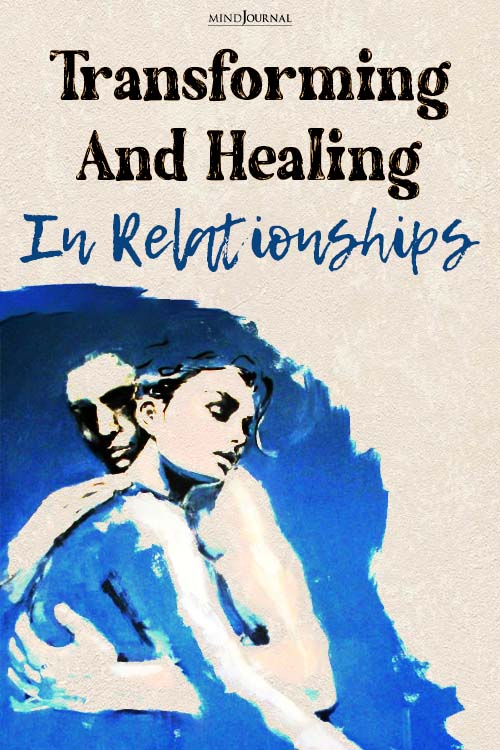

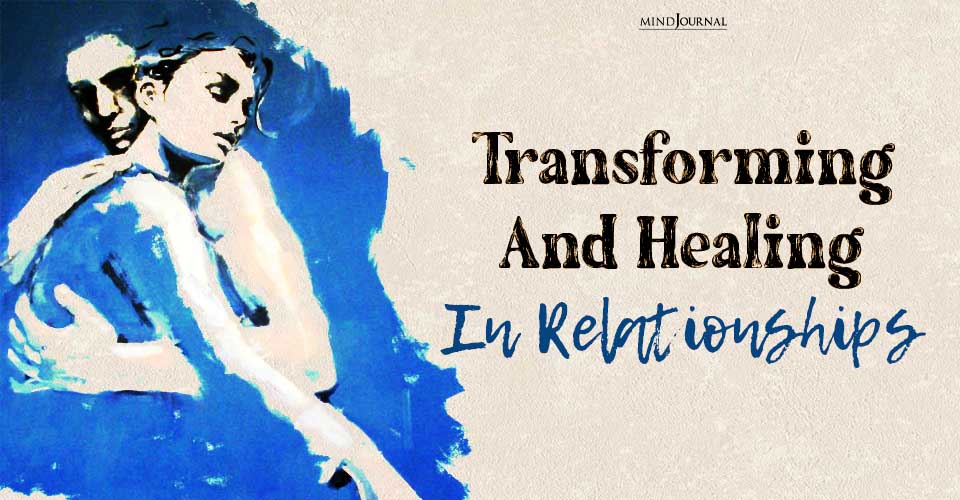





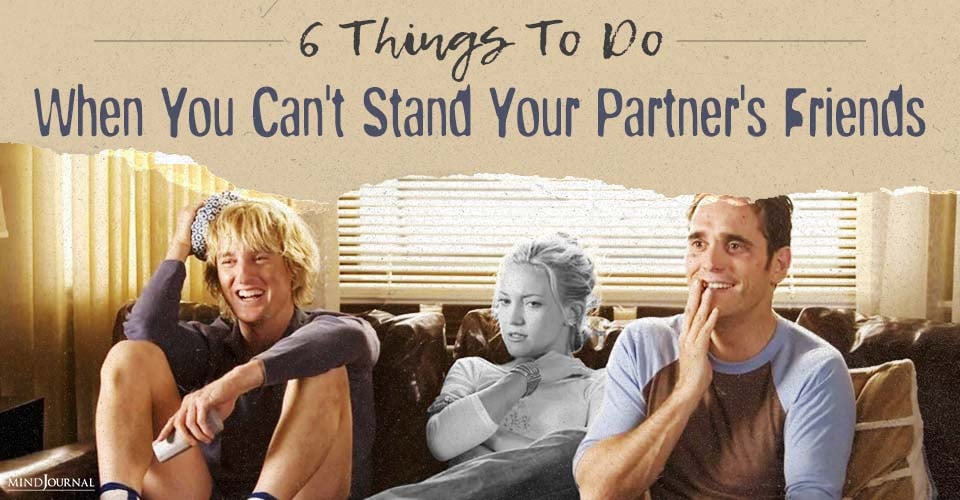
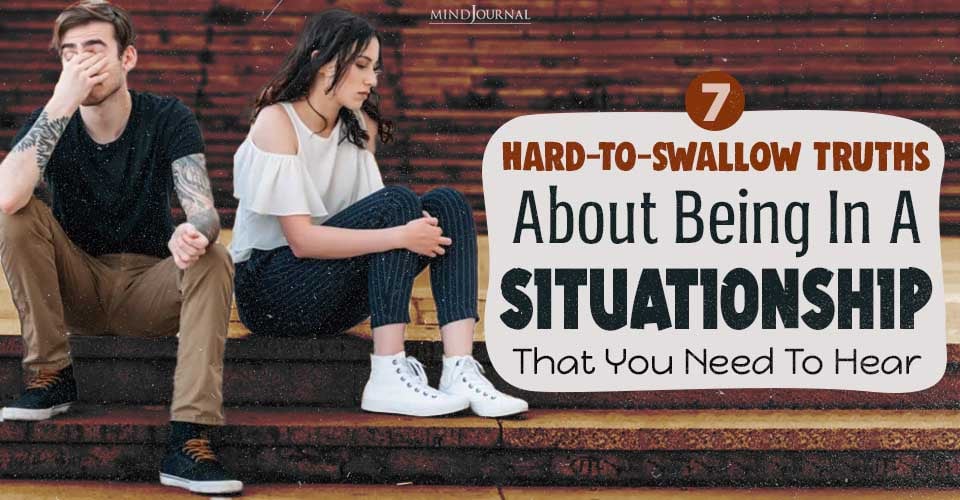
Leave a Reply